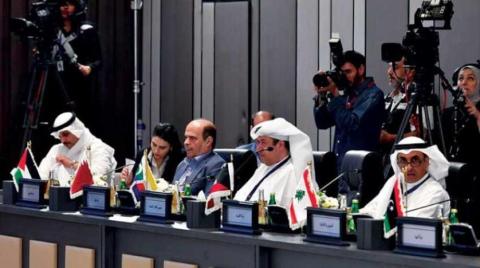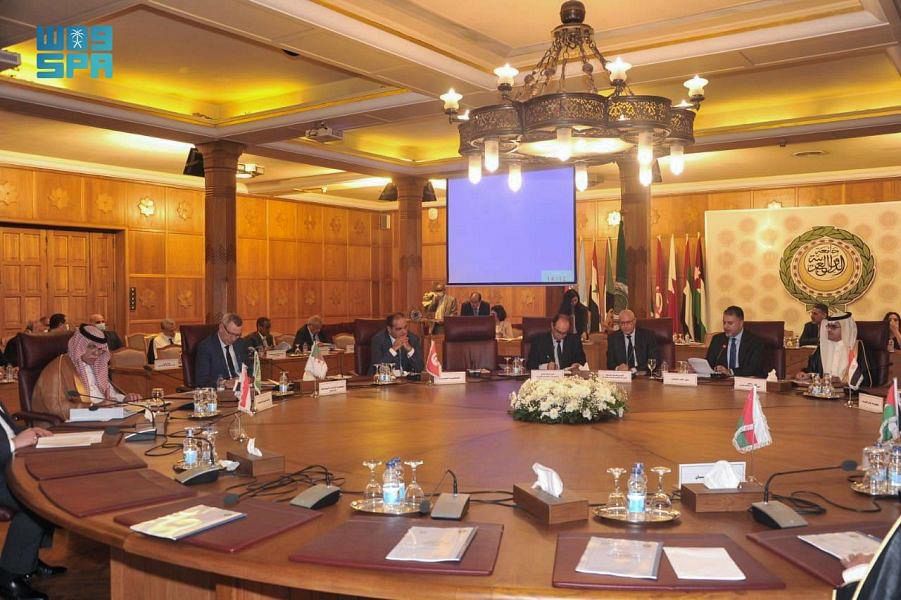
The Arab Permanent Group of Experts concerned with following up on the role of media outlets in combating terrorism discussed the joint Arab media strategy to combat terrorism and keep pace with the media changes and the evolution of digitization.
The group held its 24th meeting during the 16th session of the Executive Office of the Arab Information Ministers Council, headed by Iraq, in Kuwait. The meetings are scheduled until the end of the week.
The team discussed the strategy developed and prepared by the Naif Arab University for Security Sciences, commissioned by the General Secretariat of the Arab League in 2015, and the updates that have taken place since then to keep pace with the considerable changes in media orientations and social media.
The Naif Arab University stated that these strategies had been formed to adapt to the ongoing social media developments to better combat the media works and the adherence to professional standards, in addition to the development of Terrorist Organization's social media as a tool and their organizational structure.
The University considered the changes in the global counter-terrorism strategy and the political, economic, and security shifts among the reasons for updating the plan.
Media outlets have struggled to obtain credible information linked to terrorism due to the lack of cooperation between Arab media outlets and state agencies and security institutions as a source of official information.
It pointed to the decline in the social responsibility of some organizations linked to preventing terrorism.
The strategies are built on six points, starting with Response and Denial, in directing media responses to events linked to terrorism through updating media tools to negate the inflaming of hearsay and be more fixed in news reporting to prevent these organizations from elucidating their messages to the public eye.
The second pillar is "Awareness and Prevention" to promote Arab cultural awareness that understands and rejects all forms of terrorism while promoting Arab identity based on the ethics of tolerance and acceptance and the prevention of extremist content, false news, and misleading information via the Internet.
"Digital cooperation and Social Responsibility" is the third pillar that encourages media cooperation with relevant governmental bodies and civil society institutions to better encompass the media with proactivity and complementary social responsibility.
The fourth pillar addresses "Endorsement and Support," including the efforts of the security services through the media in combating terrorism by providing media coverage of activities and events of agencies to better support the rights of the victims of terrorism.
"Capacity Building and Financing" aims to train Arab media staff specialized in security media and combating terrorism with the help of academic institutions to develop training programs and build the capabilities of media professionals and strategic analysts in modern methodologies and methods to combat terrorism.
It also provides capabilities, mechanisms, and sources that support media efforts and initiatives in combating terrorism by establishing a fund under the auspices of the Arab League.
The final pillar addresses "Legislation and Compliance," reiterating the necessity to develop and review legislation related to media coverage of terrorist events by adopting the concerns of the Arab League by checking Laws of field media in the Arab states and ways of supporting them.







